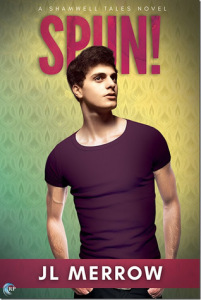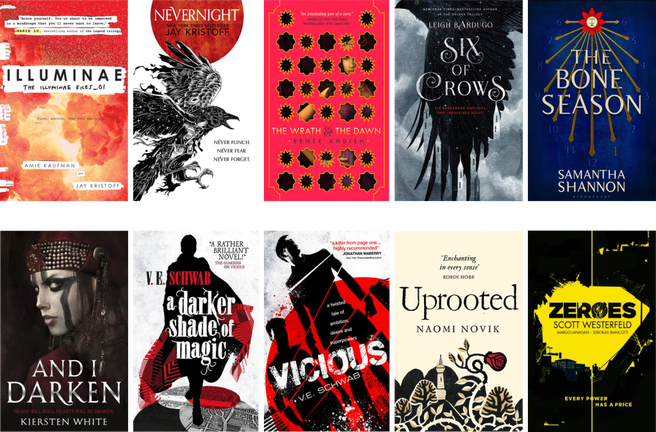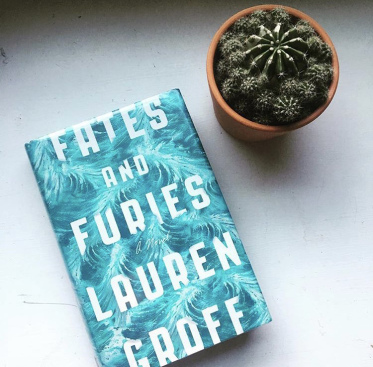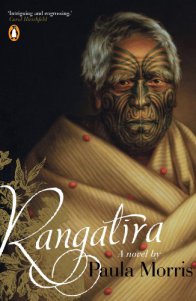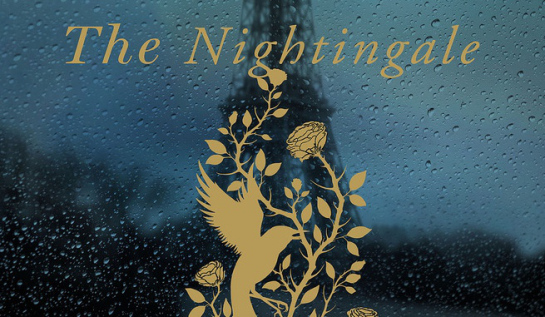
I will admit, when I first read the blurb on the back I thought The Nightingale would be more action oriented. I mean, it is about World War II. And when you think of the French resistance in Nazi-occupied France, you think espionage, sabotage and guerrilla warfare. Although, this book wasn’t as thrilling as I thought it would be, doesn’t mean that it wasn’t a damn good book. In fact, there are a plethora of books, movies and shows out there about soldiers and spies during the war, but not very many that focus on exploring the often understated harsh realities that those ‘back home’ faced. By presenting an alternating narrative between two sisters with distinct outlooks on life, Kristin Hannah was able to give diverse insight into many of the experiences that women also endured during this universally trying period. That’s what I love about historical fiction; you don’t have to rely on a fast paced, action-packed storyline to engage readers. I love being able to get a first person look into how things were during that time, unlike books with contemporary settings where, well, we obviously know what the world is like. It’s a whole immersive learning experience and gives a better sense of the lived reality of the time rather than just leaning about key dates, battles and historical figures.
As mentioned, the novel follows the story of Isabelle, headstrong and determined to go to Paris in order to fight back against the Nazi occupation of her nation, and her older sister Vianne who believes it’s safest to stay put in the countryside and keep a low profile. But, as they both soon discover, there are no real safe or easy choices in war.
The book spans the entire length of the war from start to finish, taking the reader on quite the journey with these characters. When you look back at where they were at the start to how drastically their lives change by the end, it truly is remarkable. Even more so when you realize this is what it really was like for so many people during that time. And the thing is, despite this dramatic journey, these changes never happen abruptly or unnaturally. The character development definitely was one of the book’s best traits. You really feel for these people and their predicaments. The one small thing I can point out is the ‘insta-love’ situation with Isabelle that I found to be a bit unrealistic. There just wasn’t ever much interaction or development of their relationship so I could never really buy into it. However, it never really became problematic like this trope tends to in YA as the love interest was more of a secondary character coming in and out of the story so there was no constant obsessing over one another to distract from the main plot.
Other than that the pace does slow down at parts (more so at the start) but for me this was not much of an issue because it never really lasts long. There’s always a dramatic shift not too far around the corner. And as I kind of touched on before, the world ‘re-building’ (as I like to call it as it’s not building a new world like with fantasy but resurrecting and old one) with its meaningful details and descriptions really brought the setting to life. So, even in the slower moments you stay engaged as you’re able to immerse yourself in the time period. And one last thing I will point out without giving anything away is that you don’t often see last minute plot twist in historical fiction so I thought I’d give props on that; made for an even more emotional ending.
In conclusion I give The Nightingale 4.5/5 stars.
Advertisements Share this:
